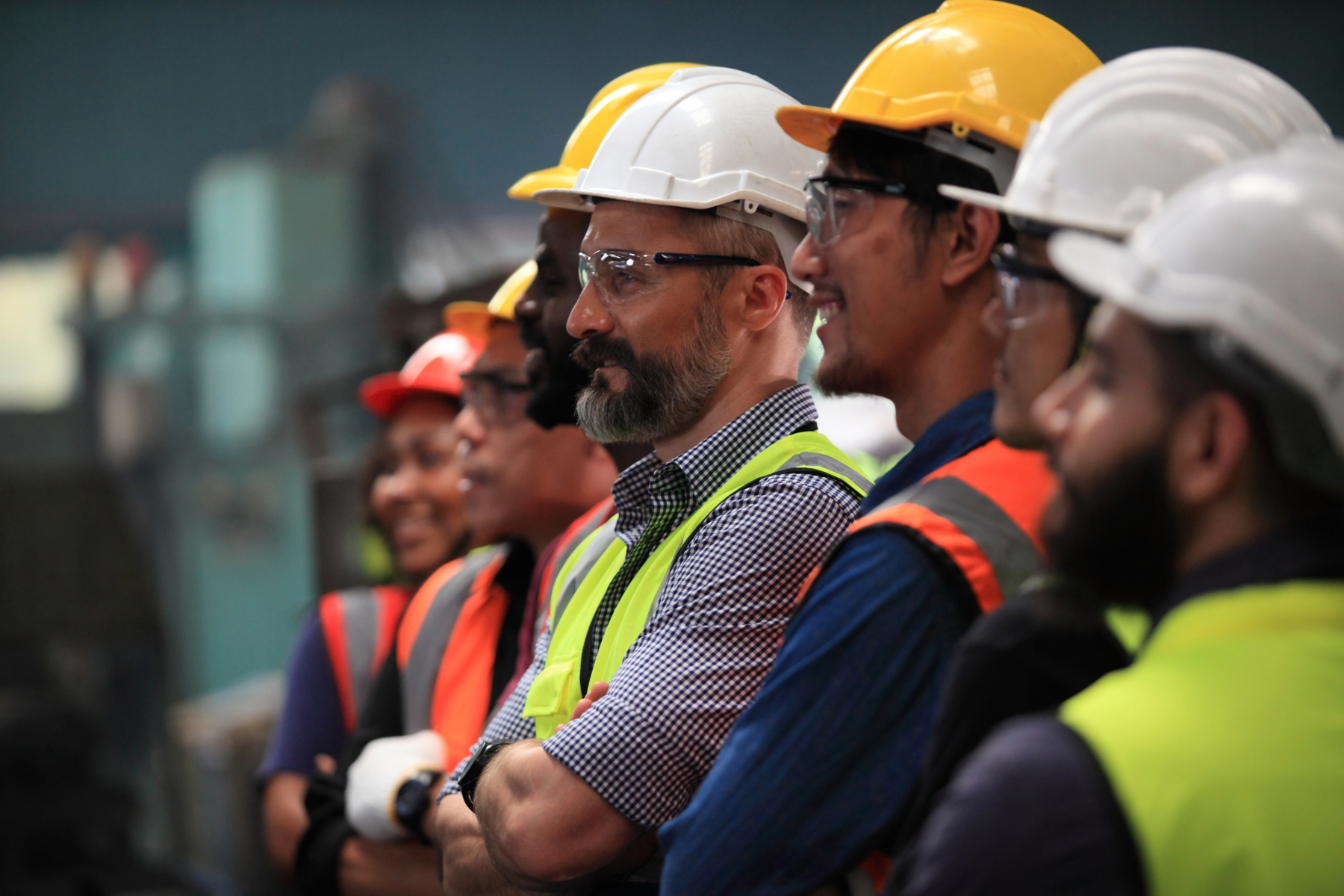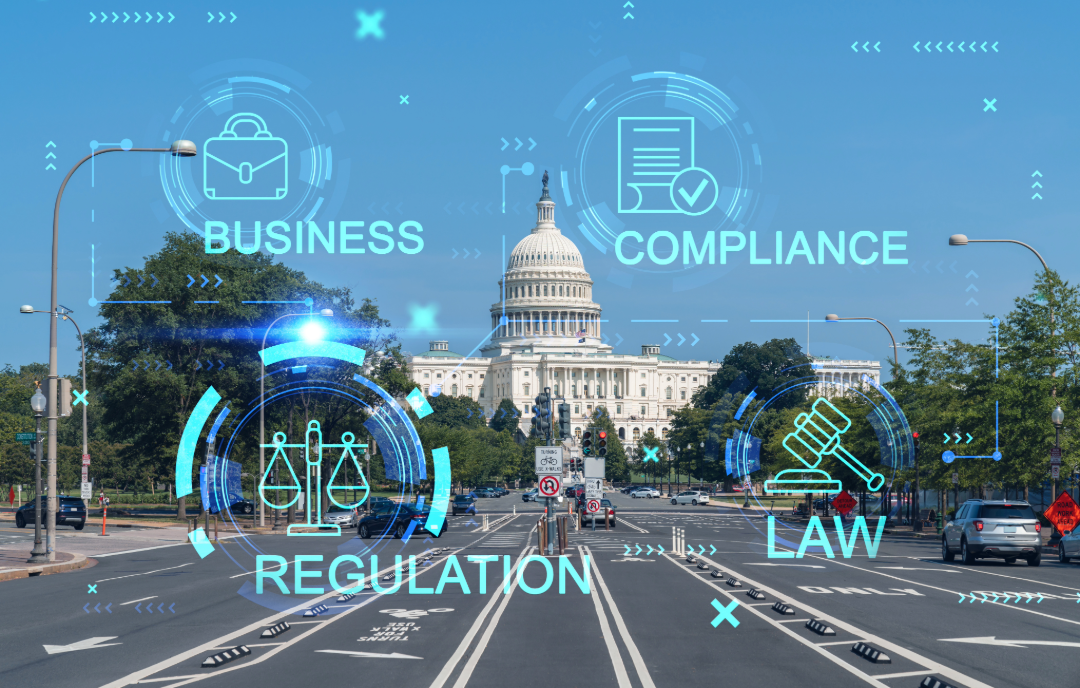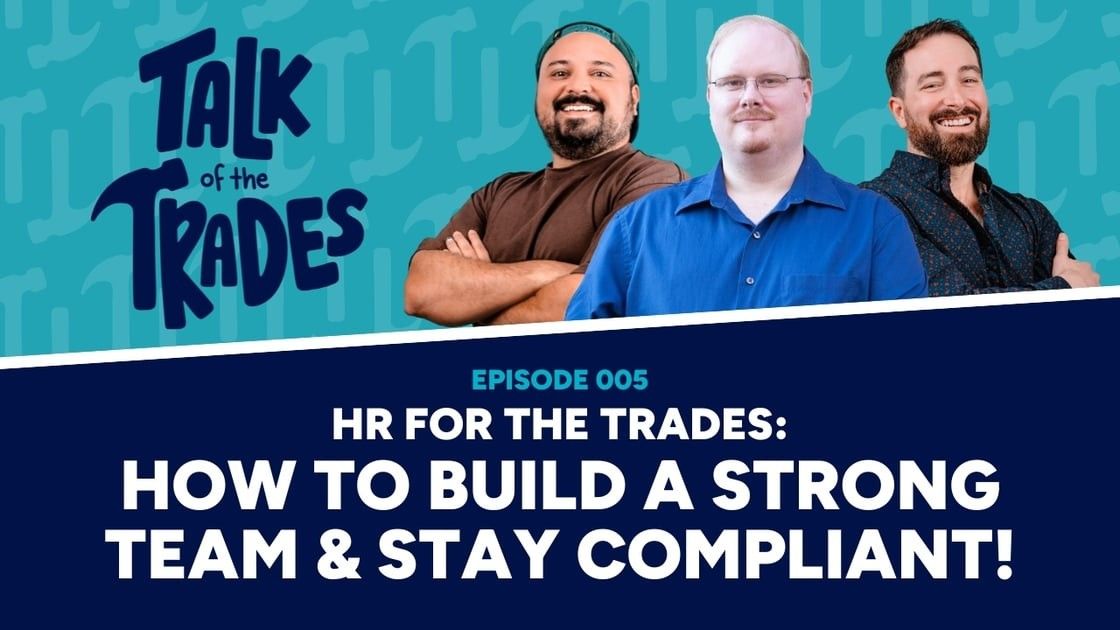When and Why to Test Employees for Drugs
9 June 2025
A guide to the types of employee drug testing: Pre-Employment, Post-Accident, Random Selection, and Reasonable Suspicion
Want to make sure your employees aren't using drugs? There are lots of things to consider, like which drugs to test for (especially if marijuana is legal in your state!), where to have the test done, and what to do when you get the results. But before you get to all that, let's break down the classifications of drug testing so you know when (and whether) you can - and should - require employee testing. The drug test itself doesn't change, just your legal basis for requiring it.
1. Pre-Employment Drug Testing.
We highly recommend this testing, especially for residential service providers who send employees into clients' homes. Even if you're okay with technicians engaging in a little recreational marijuana, you'll want to test for harder substances before you add them to your payroll. And if marijuana is illegal in your state, or if it requires a card on file for medical purposes, this is a good time to have that discussion... before issues arise.
- Note: A positive pre-employment drug test doesn't force you to take back a job offer. What you do with the results is up to you and your company policies.
- In Summary: Pre-employment drug testing is important. Do it.
2. Post-Accident Drug Testing.
If an employee is involved in an accident and there's any suspicion of drugs, have the employee take the test. You aren't committing to any particular discipline with this, especially because recreational marijuana can show up in the bloodstream for weeks and it's not proof that the accident was caused by intoxication. That said, be more aggressive with how you interpret the results than you are with pre-employment drug tests, since there was clearly an incident that caused you to dig into it.
- Note: If someone tests positive for a drug that is illegal in your state, you can immediately take disciplinary action. Even if the employee may not have been under the influence during the accident, they're still engaging in illegal activity. But as always, nuance is needed (like if they took a weekend trip to a marijuana-legal state).
- In Summary: If it looks like drug usage led to a workplace accident, it's critical to investigate. Worker's comp and insurance may even require it.
3. Random Selection Drug Testing.
Many employers want to use this one to "catch" that employee they suspect is using drugs. Watch out, this is highly illegal! You may only use random selection testing as a structured, systematic, transparent process where all employees know what to expect. "Randomly" selecting suspected drug user Joe for a test, and also testing John and Jim to make it seem legit, is simply not allowed. The reason for random testing is not to catch them in the act, but to deter employees from developing a drug problem, since they know they'll eventually be caught. A sign that your policy is working is that you never get a positive drug test result!
- Note: Some states, like California, strictly prohibit random drug testing. Pay attention to the regulations in your area.
- In Summary: Random selection drug testing is NOT the way to catch an employee you suspect is under the influence. Instead, it's a way to deter employees from developing a drug habit to begin with.
4. Reasonable Suspicion Drug Testing.
Usually, if you suspect an employee may have a drug problem you should use reasonable suspicion testing rather than random selection. To justify this testing you need (you guessed it!) "reasonable suspicion." This means that more than one person has noticed evidence of drug use, whether it's direct evidence (finding drugs in their company vehicle) or indirect physical, behavioral, or psychological signs.
- Note: Reasonable suspicion should be based on observations from company leaders, HR, or supervisors. Although customer complaints and/or coworker comments can prompt you to investigate, these aren't objective enough to justify drug testing.
- In Summary: When used appropriately, reasonable suspicion drug testing is probably your best way to check whether an employee is truly under the influence - before an accident happens.
If you're unsure which justification to use for drug testing in a given situation, or if you need help figuring out what to do with the results, just reach out. We're here to help!

Written warnings can be key in managing employees, so you need to know both the art and the science of doing them correctly. These tips for what to include - and what NOT to include - in your written warnings will help you to communicate clearly to your employees, and get you set to defend yourself in a potential legal claim against you.

Reasonable Accommodations in the workplace are no joke - you can get into serious legal trouble if you don't comply with the ADA. Yet here's a case study on a company who terminated someone for an issue directly related to their disability and was not held legally liable. Check out the details of how this might apply to your business.








